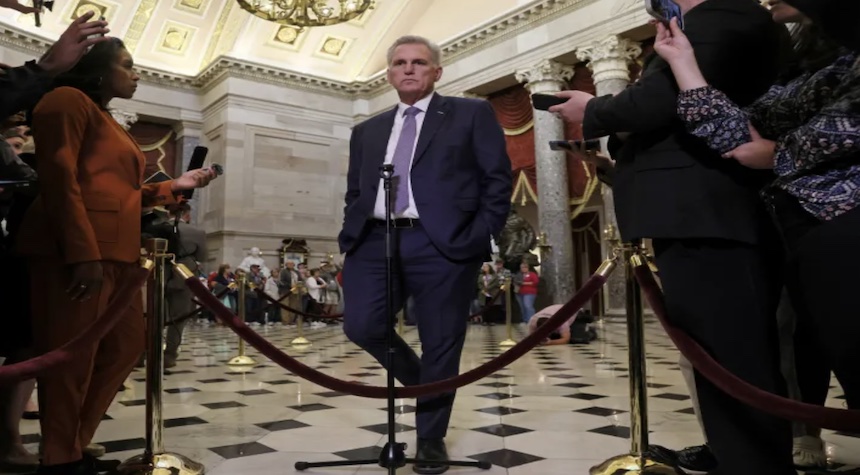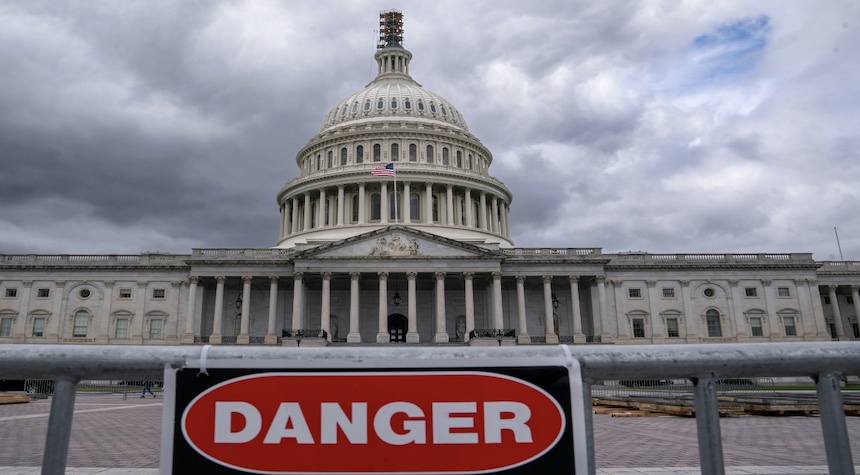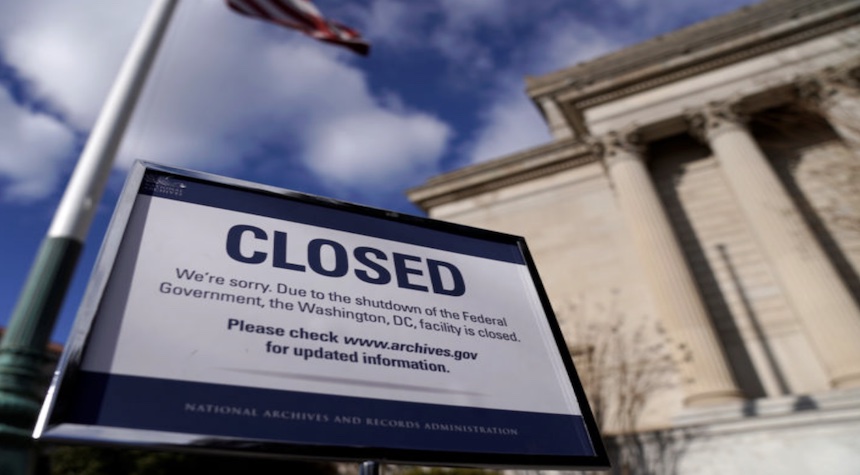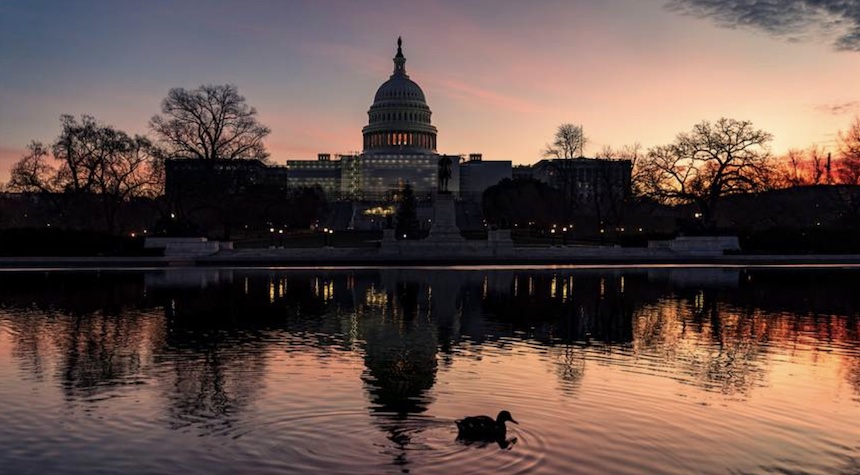On Sunday, at 12:01 a.m., the shutdown of government will begin. This much we know. What’s left is a mystery.
How many of the 300,000 federal workers will be forced into free work? Border patrol agents and air traffic controllers are among those “essential” federal workers who will be required to work without pay.
Social Security, Medicare, and other government agencies will continue to offer benefits, but will no longer be accepting new clients.
If Iran attacks, our soldiers will — presumably — fight back. The VA will continue to pay benefits. But defense contractors are going to have to wait to be paid for all those shiny new toys the Pentagon ordered.
The Federal Aviation Administration faces a dilemma that is the most interesting aspect of the shutdown. In order for the FAA to continue to operate, they must be reauthorized. They will also not have the money to pay employees.

The Washington Post reported, “Training for new air traffic controllers will cease and the work on technology upgrades is going to be disrupted. The agency would also lose more than $50 million in revenue per day through taxes on airline tickets and fuel. These taxes help to fund the agency’s operation. ”
There will be chaos, but it won’t be a catastrophe. The inspectors who will inspect the meat you buy at the grocery store may not be happy because they haven’t been paid. Federal employees deemed “essential” but whose paychecks are delayed will still report to work each day.
How much longer will the government shutdown last? Most people do not expect it to be brief. House Republicans pushing the issue too far could lead to Thanksgiving celebrations before the federal workers are back to work.
These workers are middle-class people who pay taxes, support their families, and go to church every Sunday.

What happened to bring us to this point? House Republicans double-crossed Obama and forced Speaker Kevin McCarthy to break his promise.
Washington Post:
Biden & McCarthy reached a deal in June to avoid the back and forth. The Republicans agreed to suspend the debt ceiling, the maximum amount that the federal government can borrow to pay for previously approved expenditures. In exchange, they would limit non-defense spending to $1.6 trillion by 2024. If you take inflation into account, this would mean a decrease in spending.
McCarthy has asked his Democratic colleagues to make more concessions instead of passing a bill that would fund the government temporarily.

“One thing you’re seeing in the Republican majority is we are rewriting the muscle memory of how Congress works,” Rep. Michael Cloud (R-Tex.), a member of the House Appropriations Committee, said Wednesday.
Will deal-breaking become more commonplace? Well, that’s great. It means that everyone’s word won’t mean anything and that it will be more difficult to negotiate.
Nihilists might think that paralyzing the government would be a good idea.


